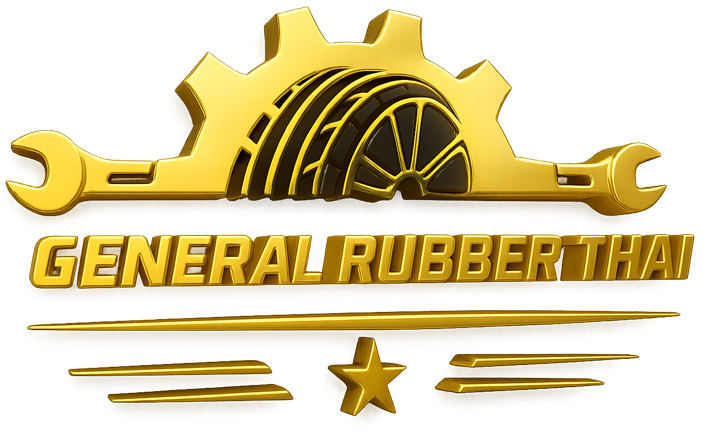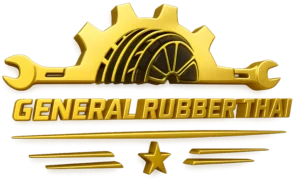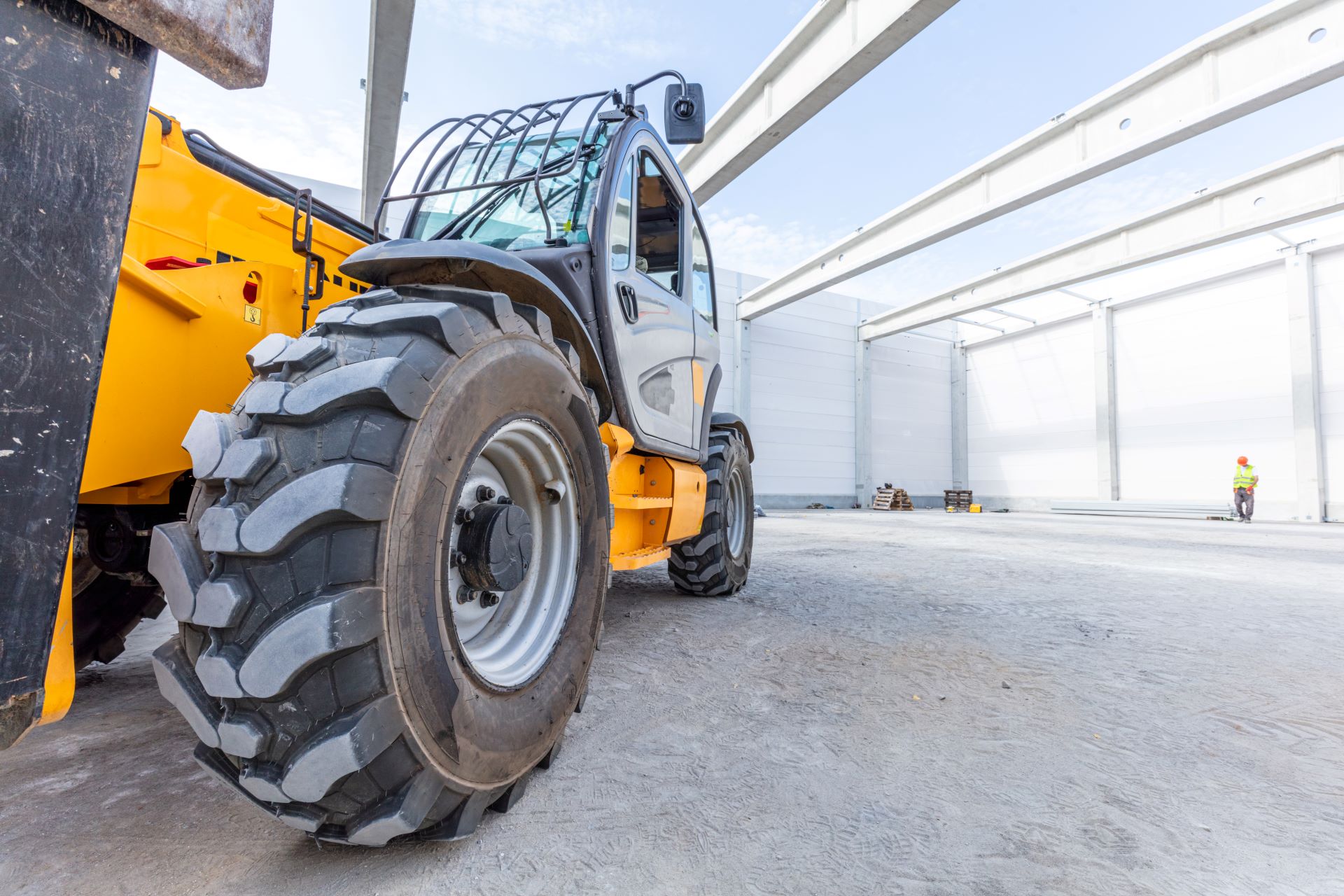Key Benefits of Solid Tires for Heavy Machinery
Solid tires, also known as airless tires, have become the go-to option for heavy machinery across various industries. These tires are designed to withstand harsh environments and rigorous use, offering benefits that pneumatic (air-filled) tires simply cannot match. If you’re looking to make your machinery more efficient, investing in solid tires could be the best decision you can make.
Solid tires excel in environments where poor ground conditions can easily lead to punctures and blowouts with air-filled tires. Unlike traditional tires, solid tires are puncture-proof and resistant to damage, providing a reliable solution for heavy equipment used in construction, mining, and other demanding fields. Their unique construction eliminates the worry of air pressure maintenance, thus reducing the risk of tire failures and costly downtime.
In addition to their robustness, solid tires also offer significant cost savings over their lifespan. They wear out much more slowly compared to pneumatic tires, meaning fewer replacements and less frequent downtime for tire changes. This longevity translates to lower long-term operational costs, making them an economically sound choice for businesses. Understanding why solid tires are an excellent investment for heavy machinery involves delving into their durability, safety benefits, cost-efficiency, and maintenance practices.
Durability: Why Solid Tires Last Longer
Solid tires are known for their exceptional durability, making them an excellent choice for heavy machinery. Unlike pneumatic tires, solid tires are made entirely of rubber, which means there are no air-filled cavities that can puncture or deflate. This robust construction helps them withstand harsh working conditions and reduces the risk of downtime caused by tire failures. Solid tires’ sturdy build also means they are less susceptible to damage from sharp objects, rough surfaces, and heavy loads.
One of the key reasons solid tires last longer is their thick, tough material. This design element provides better resistance to wear and tear, allowing them to maintain their structural integrity over time. Because they don’t go flat, solid tires reduce the need for frequent replacements, saving you both time and money. Their extended lifespan makes solid tires a cost-effective investment for businesses that rely heavily on their equipment. With proper maintenance, these tires can serve efficiently for years, proving their superior durability.
Safety Advantages of Using Solid Tires on Heavy Machinery
Using solid tires on heavy machinery offers several safety benefits that are hard to overlook. Since these tires are puncture-proof, they eliminate the risks associated with sudden flats or blowouts. This feature is critical in environments where safety is paramount, such as construction sites or industrial facilities. Solid tires provide a stable and secure base for heavy equipment, reducing the likelihood of accidents related to tire failure.
Another safety advantage is the enhanced stability solid tires provide. Their solid construction leads to a lower center of gravity, improving the balance and handling of heavy machinery. This stability is particularly beneficial when operating in uneven terrain or carrying heavy loads, as it minimizes the chances of tipping or skidding. Additionally, solid tires can carry heavier loads than their pneumatic counterparts, ensuring that your equipment can perform its tasks without compromising safety. Investing in solid tires is a smart choice for those looking to enhance the safety and reliability of their heavy machinery.
Cost-Efficiency: Long-Term Savings with Solid Tires
Solid tires offer significant cost savings in the long run. Unlike pneumatic tires, which are prone to punctures and require frequent replacements, solid tires are virtually puncture-proof. This eliminates the need for constant repairs and replacements, saving both time and money. Solid tires are made from durable rubber compounds that withstand harsh conditions, providing a longer lifespan and reducing downtime due to tire-related issues.
The initial investment in solid tires may be higher compared to other types, but the long-term benefits outweigh the costs. Reduced maintenance needs and fewer tire replacements contribute to lower overall operational costs. Additionally, solid tires help in avoiding unplanned downtime, which can significantly impact productivity. Investing in solid tires is a cost-efficient choice that enhances the reliability and performance of your heavy machinery.
Best Practices for Maintaining Solid Tires
Maintaining solid tires is relatively straightforward, but following best practices ensures they last even longer. Regularly inspect the tires for signs of wear or damage, paying special attention to the tread pattern and tire surfaces. While solid tires are tough, they can still be damaged by extreme conditions or improper use. Cleaning the tires periodically helps remove any debris or chemicals that may degrade the rubber over time.
Ensure your equipment’s load capacity does not exceed the tire’s specifications. Overloading can lead to premature wear and reduce the tire’s lifespan. Also, keep the tires properly aligned and balanced to ensure even wear and optimal performance. By adhering to these maintenance practices, you can maximize the durability and efficiency of your solid tires, ensuring they remain in peak condition.
Conclusion
Solid tires are a durable, safe, and cost-efficient choice for heavy machinery. Their robust construction and resistance to punctures make them ideal for demanding environments. Regular inspections and proper maintenance practices are essential to extend the life of these tires and ensure they perform at their best.
Investing in solid tires saves money in the long run and enhances your equipment’s safety and reliability. For expert advice on selecting and maintaining solid tires, contact OTR Tires today. We’re committed to helping you get the most out of your tires and keep your operations running smoothly.



